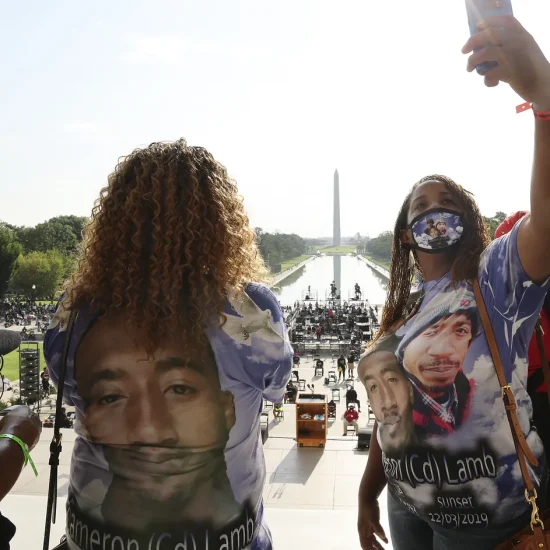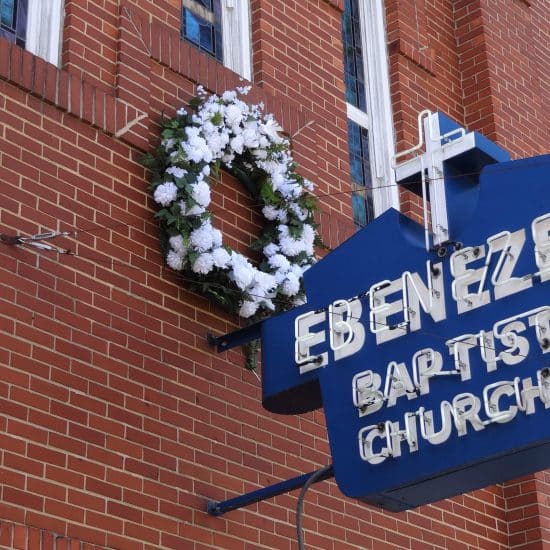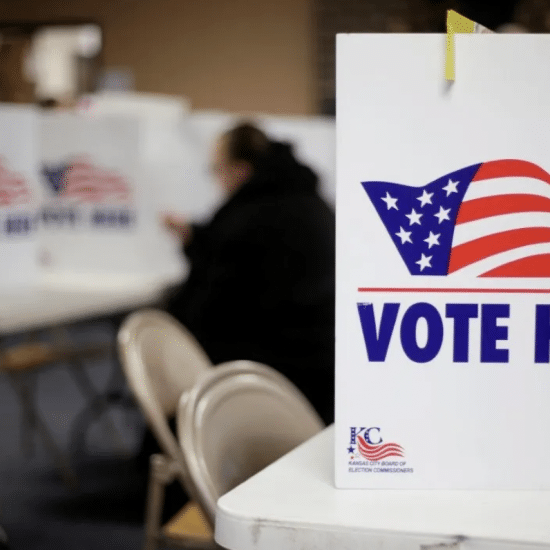

Most U.S. states do not have adequate criminal record relief laws for trafficking victims, according to a report published on March 14. (Pixabay)
Victims of trafficking often end up with criminal records resulting from forced actions during enslavement, making it difficult for them to rebuild their lives after being freed from enslavement.
Why?
Most U.S. states do not have adequate criminal record relief laws for trafficking victims, according to a report published on March 14 by the Polaris Project, the American Bar Association, Brooklyn Law School and the University of Baltimore’s School of Law.
A 2016 survey found that 91 percent of the 130 trafficking survivors surveyed had a criminal record and 73 percent said they had difficulty obtaining employment as a result.
While many states now have provisions in place to address these situations, the report noted that they “vary greatly,” “are too limited” and “include conditions that make relief inaccessible.”
The laws range in the level of relief provided from sealing criminal records (lowest) to expungement (middle) to vacation of records (highest).
A grading rubric was created to assess how well (or poorly) each state’s record relief laws protected adult trafficking victims with a criminal record that resulted from activities they were forced to engage in during enslavement.
The rubric was created with input from trafficking survivors and assessed relief laws based on 11 criteria, including the types of offenses covered, time limits and wait times for hearings, and burden-of-proof requirements.
Each state received a grade based on how much relief the current laws provide for adult trafficking survivors, with a possible score of 100 (A).
Only 41 states (and D.C.) were graded because 10 states do not have any record relief legislation in place.
Those states are Alaska, Georgia, Iowa, Louisiana, Maine, Minnesota, Missouri, South Dakota, Tennessee and Virginia.
No states received an A rating (score of 90 or higher), and only Nebraska received a B (81).
Two states, Wyoming (78) and Florida (72), received a C grade, while 10 states (including D.C.) received a D grade (score of 60-69).
The remaining 28 states evaluated in the report received an F grade, with Arizona (score of 33), Texas (33) and Maryland (26) receiving the lowest scores.
The report highlights problematic and burdensome requirements in several states’ current legislation while also summarizing several legislative proposals that could improve record relief provisions for adult trafficking survivors.
“Access to criminal record relief is a critical part of the healing process for criminalized trafficking survivors. Without it, the survivor’s trafficking experience can continue to dictate the trajectory of their life long after their trafficker’s control has ended,” said Jessica Emerson, director of the Human Trafficking Prevention Project at the University of Baltimore School of Law and co-author of the report, in a press release announcing the report’s publication.
“The restorative impact of this process simply cannot be overstated, and it is our hope that this report arms both survivor leaders and advocates alike with the tools they need to advocate for much needed change within their state.”
The full report is available here.
This story originally appeared on EthicsDaily.com.






